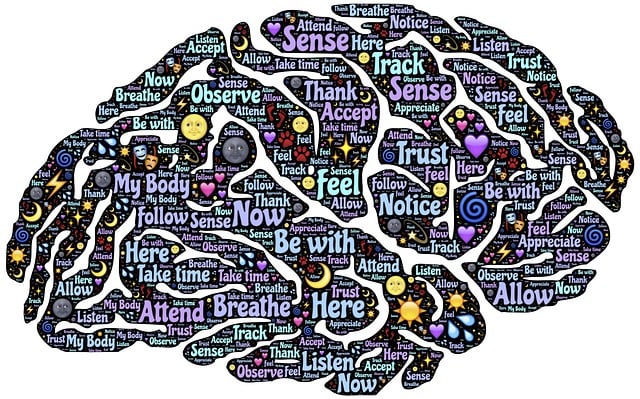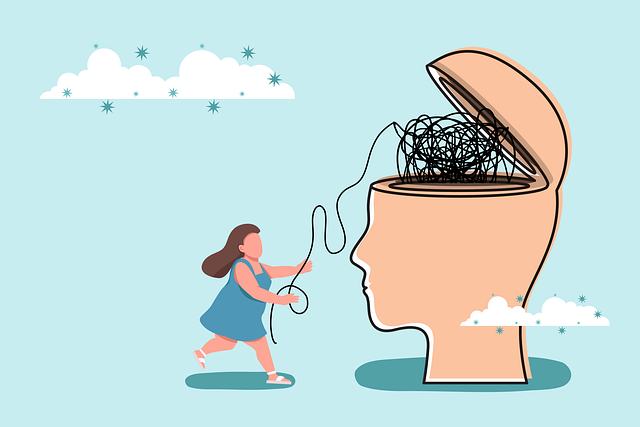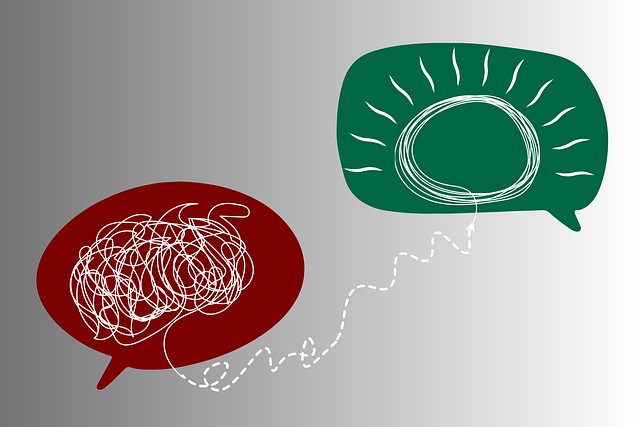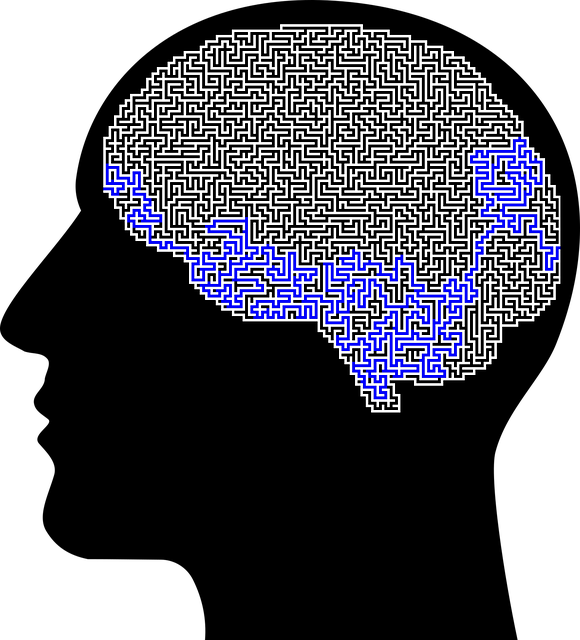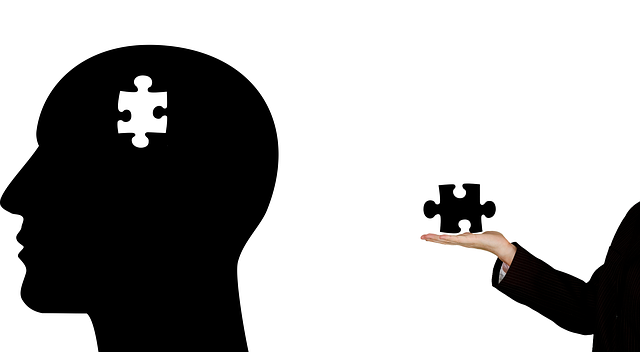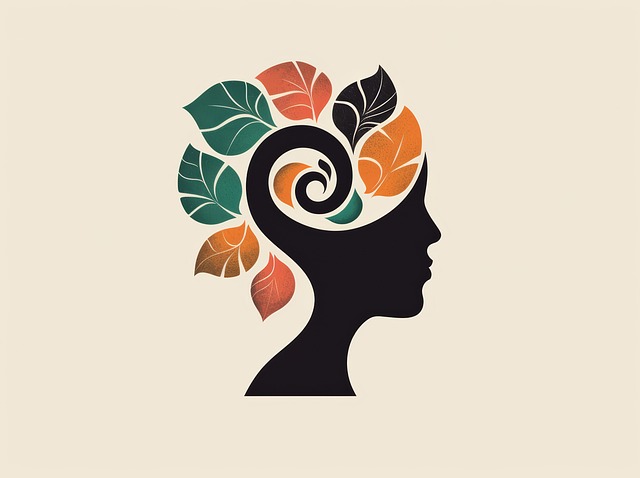Understanding mental wellness requires introspection and self-discovery, often overlooked in favor of physical health. Recognizing triggers and emotional patterns is key to developing a personalized self-care routine tailored to one's unique mental landscape. This includes coping skills for stress, anxiety, or depression, enhanced by cultural sensitivity in mental healthcare and community outreach programs. A robust self-care routine built on relaxation, stress reduction, and emotional balance prevents burnout, especially for healthcare providers. Incorporating practices like mindfulness meditation and journaling, along with Lone Tree Interpersonal Issues Therapy, can significantly enhance mental wellness, providing tools to manage interpersonal challenges, improve communication skills, and achieve a more balanced routine.
“Unwind, reconnect, and prioritize your mental wellness with a tailored self-care routine. This transformative journey begins with ‘Understanding Your Mental Wellness Needs: A Journey to Self-Discovery’, where we explore individual unique requirements.
Next, uncover the ‘Building Blocks of a Self-Care Routine’—practical strategies for daily resilience. We then delve into the synergistic relationship between ‘Lone Tree Interpersonal Issues Therapy’ and self-care, highlighting its role in fostering holistic well-being.”
- Understanding Your Mental Wellness Needs: A Journey to Self-Discovery
- Building Blocks of a Self-Care Routine: Strategies for Daily Practice
- Integrating Therapy and Self-Care: The Role of Lone Tree Interpersonal Issues Therapy
Understanding Your Mental Wellness Needs: A Journey to Self-Discovery

Understanding your mental wellness needs is a journey of self-discovery that requires introspection and awareness. Many individuals often overlook their emotional well-being, addressing physical health while neglecting the mind. This can be especially challenging in addressing Lone Tree interpersonal issues therapy, where hidden conflicts or past traumas might surface. Recognizing personal triggers and emotional patterns forms the bedrock of creating an effective self-care routine. It involves acknowledging one’s unique mental landscape—the thoughts, feelings, and behaviors that contribute to overall wellness.
Through this process, you gain insights into what brings you joy, peace, and a sense of balance. Coping skills development plays a pivotal role here, as it equips individuals with tools to navigate stress, anxiety, or depression. Moreover, considering cultural sensitivity in mental healthcare practice can significantly impact how one addresses their wellness needs, ensuring personalized support tailored to individual backgrounds. Community outreach program implementation also offers valuable resources and connections, fostering a supportive environment for mental health growth and self-care practices.
Building Blocks of a Self-Care Routine: Strategies for Daily Practice

A well-structured self-care routine is a powerful tool for navigating life’s challenges and maintaining mental wellness. It involves intentional practices that nurture your mind, body, and soul daily. The foundation of such a routine includes prioritizing consistent activities that promote relaxation, stress reduction, and emotional balance. Strategies like mindfulness meditation, journaling, regular exercise, and adequate sleep are essential components. These practices not only help in burnout prevention strategies for healthcare providers but also foster positive thinking and the development of coping skills.
Incorporating these building blocks into your daily life can be as simple as setting aside 10 minutes for a quiet walk in nature, engaging in creative pursuits, or practicing gratitude journaling. The key is to listen to your needs and adapt your routine accordingly. For instance, if you’ve been facing interpersonal issues, therapy could be a valuable addition, providing insights and coping mechanisms tailored to your unique situation.
Integrating Therapy and Self-Care: The Role of Lone Tree Interpersonal Issues Therapy

Incorporating therapy into a self-care routine is a powerful strategy for enhancing mental wellness and cultivating inner strength. Lone Tree Interpersonal Issues Therapy serves as a game-changer in this realm, providing individuals with valuable tools to navigate interpersonal challenges and foster personal growth. Through one-on-one sessions, clients learn effective coping mechanisms and gain insights into their emotional responses, empowering them to manage stress and improve overall well-being.
This type of therapy focuses on identifying and addressing underlying issues that may be contributing to feelings of anxiety, depression, or relationship difficulties. By participating in regular sessions, individuals can develop a deeper understanding of themselves and learn valuable skills for healthy communication and conflict resolution. As a result, they become better equipped to handle everyday stressors and build resilience, ultimately leading to a more fulfilling and balanced mental wellness routine.
Developing a mental wellness self-care routine is a transformative journey, one that requires understanding your unique needs and incorporating effective strategies. By delving into self-discovery through practices like Lone Tree Interpersonal Issues Therapy, you can build a robust foundation for daily well-being. Integrating therapy with established self-care routines empowers individuals to navigate life’s challenges more effectively, fostering resilience and enhancing overall mental health. Embrace this process as a way to cultivate a symphony of balance and tranquility in your life.
